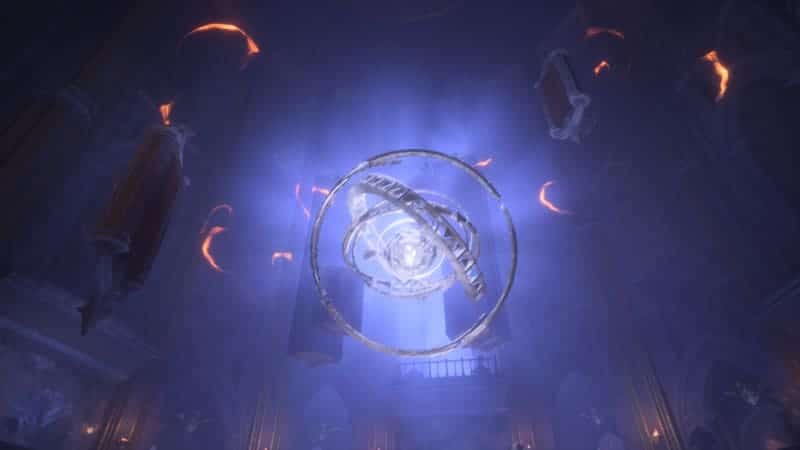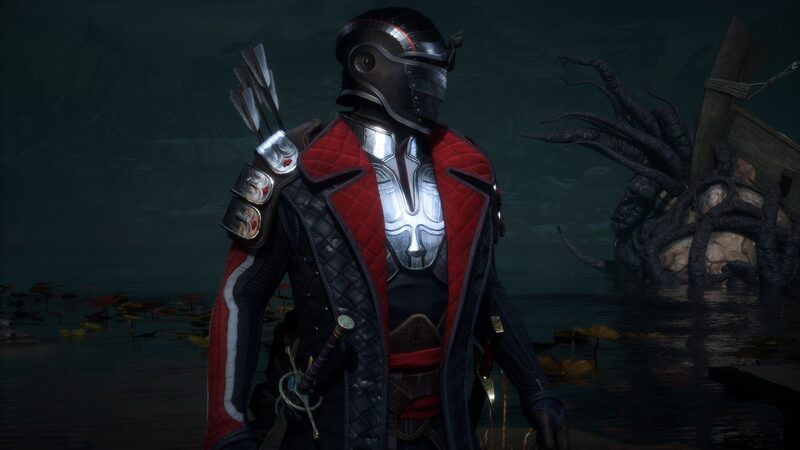BioWare’s RPG Dragon Age: The Veilguard became one of the most divisive games released last year. After a decade of waiting, many fans were disappointed with how far the game strayed from the tone and themes that made the original series work. Sadly, the developers seem to be paying the price for this, as they became the latest victims of the ubiquitous layoff epidemic. After several layoffs, BioWare is now operating with half its previous workforce with less than a hundred employees, meaning its future remains ambiguous. Here is a breakdown of why BioWare’s downfall is such a bad sign for the video game industry as a whole.
BioWare Running on a Skeleton Crew

According to Insider Gaming, BioWare is currently in a dire state. At the time of writing, they have less than a hundred staff working. For reference, they had over two hundred employees last year, meaning their staff was effectively halved. These layoffs have even included veteran writers and directors, which was an all-encompassing loss. As BioWare is an AAA developer, operating with such a dangerously small crew is a bad omen for their future.
This is surprising news because they recently announced a Mass Effect sequel, to which they focused their remaining resources. With such a small crew, the game’s future has been questioned. At the time of writing, neither EA nor BioWare’s spokespersons offered their opinions on this loss. This story is one of many examples of the massive layoffs that have become inescapable for the past few years.
The Veilguard Controversies
While BioWare suffered several of the same hindrances as other companies, many came from its latest release, Dragon Age: The Veilguard, the latest entry in one of its central franchises. The series won many fans for its lovable cast and nuanced takes on fantasy tropes. Ten years ago, BioWare released Inquisition, an acclaimed open-world RPG that ended on a cliffhanger.
However, the game fell into development hell while its fanbase slowly moved on. Later, it changed its name from Dreadwolf to The Veilguard. When the game was finally released, it quickly became the most controversial entry in the series. Fans criticized the quippy writing, action-oriented gameplay that missed the strategy of the original, and overall aesthetic that lost the grounded nature of the original trilogy.
A Fallen Titan
One of the reasons this is such shocking and disappointing news to many is that BioWare was once one of the most respected video game developers. Players fell in love with their 3-dimensional casts and strong role-playing elements, starting with The Knights of the Old Republic for Star Wars. Nowadays, most gamers know of them for the space opera Mass Effect and the epic fantasy Dragon Age.
Years earlier, BioWare released Mass Effect: Andromeda, which was seen as a similarly disappointing follow-up to one of their iconic franchises that was criticized for buggy gameplay and weak writing. It should be noted that BioWare’s publisher, Electronic Arts, is one of the most controversial gaming companies for its business practices, poor treatment of franchises, and heavy use of microtransactions.
These layoffs left tens of thousands of dedicated developers unemployed, becoming an industry-wide crisis. Furthermore, several studios are now dissolving, with recent examples being several Ubisoft offices and Arkane Austin. With so many employees leaving in such rapid succession, BioWare sharing the same fate is a real possibility.
Conclusion
While BioWare was one of the most respected RPG developers of its generation, it has sadly entered its dark age. The latest two entries in its leading franchises were such controversial disappointments that this has only worsened the company’s declining resources and manpower. However, even if this developer goes under, its fans, the stories, and their creators will still be there. As many other fan projects, revivals, and spiritual successors have demonstrated, these individuals can combine to thrive even after corporations fail.


